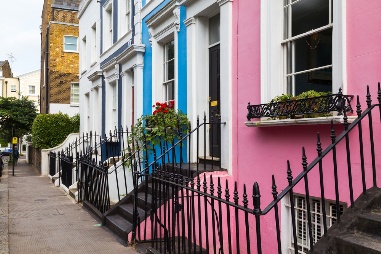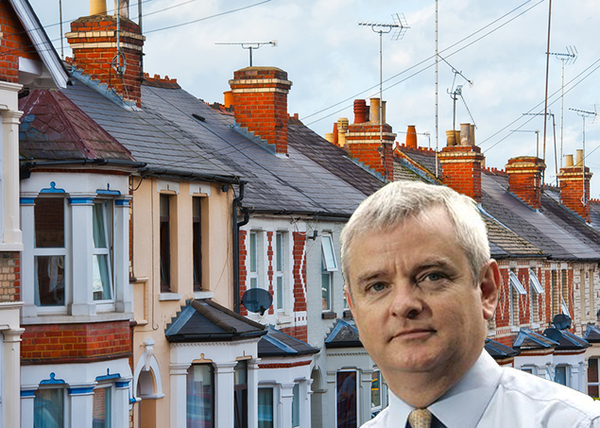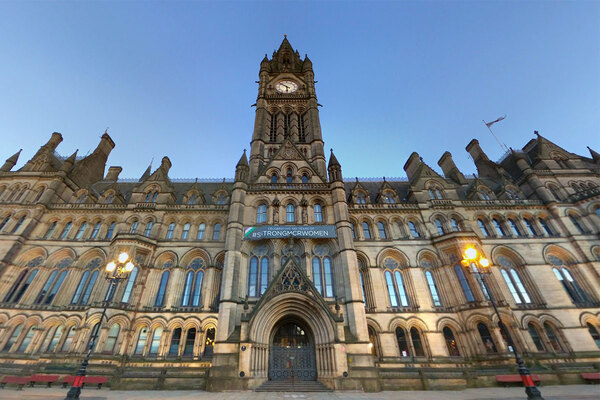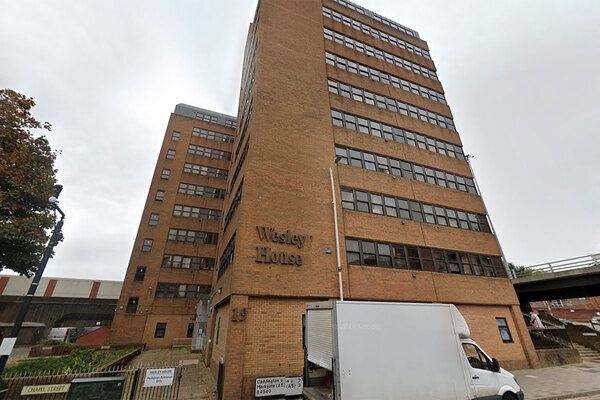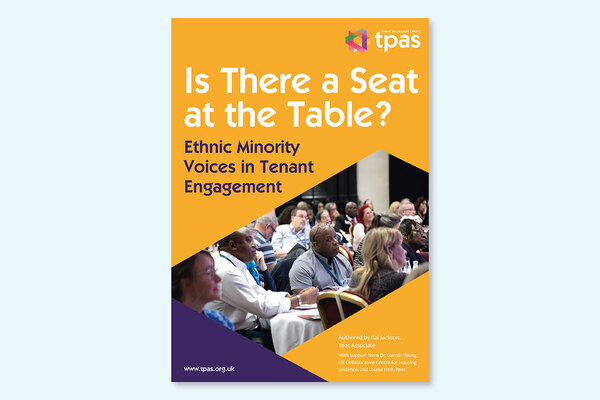You are viewing 1 of your 1 free articles
Getting real
Even with large Right to Buy discounts, homeownership is simply out of reach for some people, says Kate Davies
The Right to Buy debate suddenly got real – minister for communities and local government Greg Clark gave us less than a week to sign up to the National Housing Federation deal. Or else!
We absolutely support tenants who want to become homeowners; 35 years ago, Notting Hill Housing invented shared ownership, to help social tenants move into ownership.
Did you know that in the 1980s and 1990s local authorities and housing associations were obliged to sell most shared ownership homes to social tenants?
Our achievements, against strict targets, were monitored by government. In fact Housing Corporation investment in low-cost homeownership was justified because it created social housing vacancies with comparatively small amounts of grant.
At the same time (1980s and 1990s) London council homes were sold to sitting tenants for less than £20,000. At that time working households could usually get a mortgage that was equivalent to their monthly rent. It was, as they say, a no-brainer. Why wouldn’t a tenant become a homeowner, if the cost was about the same?
The housing market has changed a great deal since Duran Duran were on Top of the Pops. Social housing is now in long-term decline, with very few new homes being built each year – not enough to make up for the numbers that are sold, demolished or converted. And homeownership is in free-fall, with owner occupation in London declining, as a proportion of homes, from about 60% to about 40% in the last decade.
As a consequence, since about 1990, we have found fewer and fewer social tenants are able to take the step up to shared ownership. Average salaries fall, relatively, each year against a rapidly rising property market, meaning homeownership becomes less and less achievable.
“Families stuck in the privated rented sector… are not living in nice, modern flats with their own front door, a modeltastic partner and a glass of Prosecco.”
And our newer tenants are younger, poorer and less likely to be economically independent. In the last three years, just three Notting Hill tenants bought a shared ownership home from us. In London, we believe that what is true of shared ownership will also be true of housing association Right to Buy.
Housing association Right to Buy may be a better deal than shared ownership, but even with a huge £100,000 discount, very few of our tenants will be able to get a mortgage for the remaining £300,000 that Notting Hill’s average (Hammersmith) property costs. The tenants would need to be earning over £100,000 a year to qualify for a mortgage on one of these modest flats.
These figures confirm that few of our social tenants will ever be able to move on from social housing.
While existing tenants can’t move up into ownership, for many others even social housing is completely out of reach.
There are millions of young, hard-working single people, couples and families who will never qualify for social housing or even help with their rent. But, like social tenants, nor can they ever afford to buy a home. We have seen a huge increase in the number of people, including one in six families, stuck in the private rented sector.
They are not living in nice, modern flats with their own front door, a modeltastic partner and a glass of Prosecco. Most cannot even afford a self-contained space. Many young Londoners live in rooms, with no communal space – with strangers – a long way from their work. The BBC recently picked up an advert for a space under the stairs being offered at £500 a month.
Today’s Right to Buy unfortunately does very little for this group. They spend most of their spare income on extortionate rents, high travel costs and a nomadic social life – without a home in which to enjoy it. Their ability to move into homeownership is additionally constrained by their inability to save.
At Notting Hill we don’t have a problem with the principle of Right to Buy – but we would much rather see the money focused on meeting new housing need, especially for families. It saddens me that high-value local authority homes are being sold to pay for the discounts, making it harder than ever to replace like for like.
Notting Hill will do our best to replace the homes that we sell with more than one – hopefully two – to help replenish this lost council stock. If we don’t provide more social housing, the issue that will grow is the issue of homelessness in the private rented sector. This is what the government, and the sector, should really be focusing on.
Kate Davies, chief executive, Notting Hill Housing Trust
